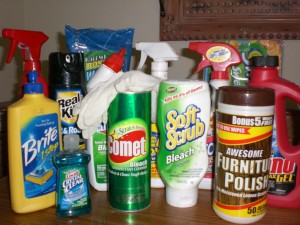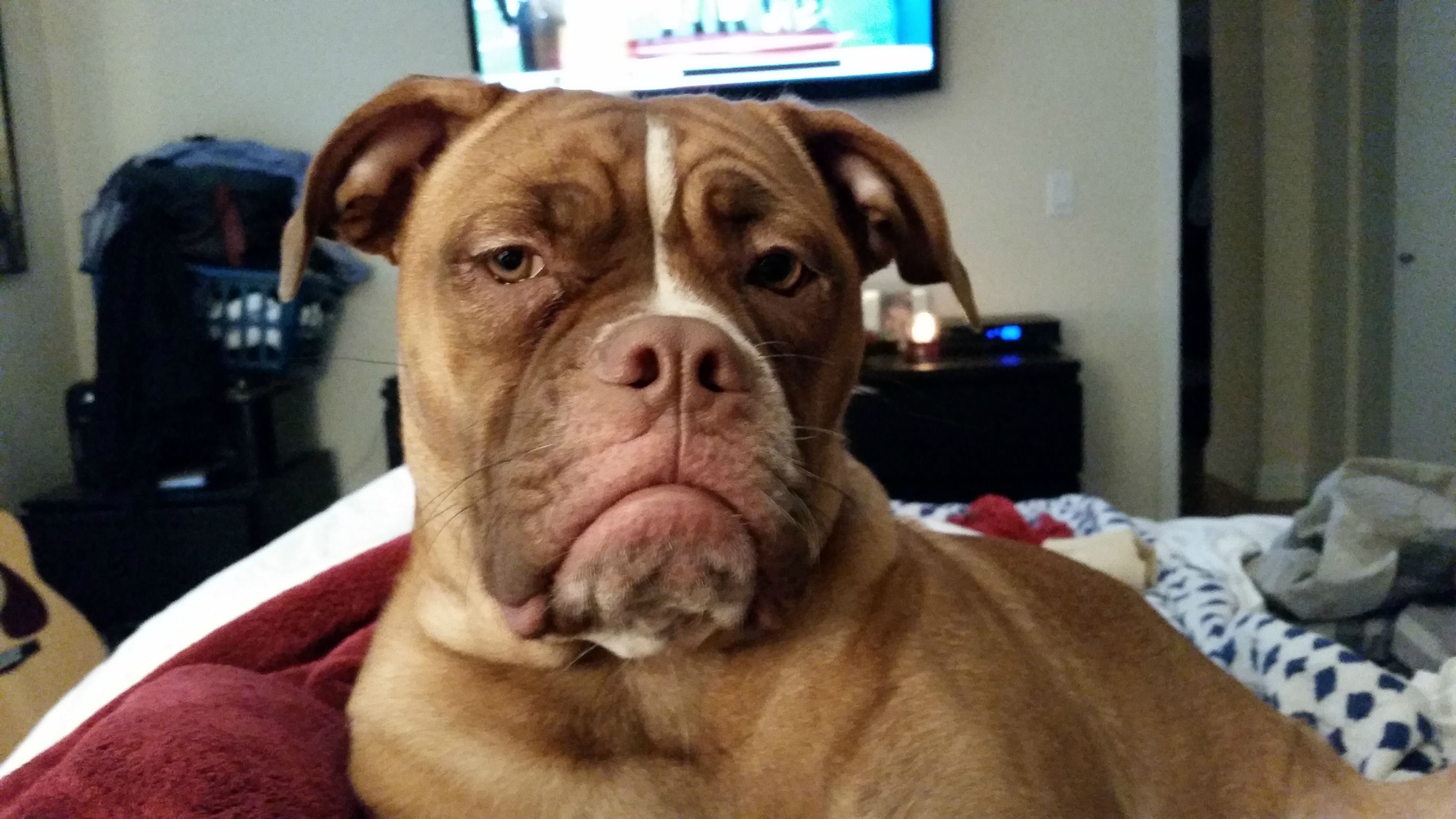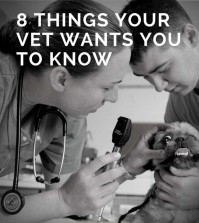Don't Miss
- Male Dog Names: Game of Thrones Unofficial Guide
- How to Take Care of Your Dog: 8 Things Your Vet Wants You to Know
- A New Grump In Town- Grumpy Cat Meet Grumpy Dog
- Watch Out! The 8 Most Dangerous Household Items for Dogs You Might be Overlooking
- The 15 Most Embarrassed Dogs on Dress Up Your Pet Day
- Guaranteed Smile: You Won’t Believe How This Dog Greets Her Owner
- Dogs in Booties – Way More Fun Than You’d Expect
- 22 Naughtiest Dogs Confess Their Crimes
Watch Out! The 8 Most Dangerous Household Items for Dogs You Might be Overlooking
By Mark on December 8, 2017
Some dangerous household items are much more commonly known than others. There are also probably some here that you are aware of, but that you could do a better job of keeping them in a safe place. Please share with fellow dog-owners- especially new dog-owners!
- Antifreeze (that contains ethylene glycol). Antifreeze has a sweet taste which makes it even more problematic and it can be lethal even in small doses. For example a single teaspoon is enough to be fatal to a cat. This is actually a very common form of pet poisoning. The typical way that it occurs is when it drips from a car’s radiator and a pet licks it off the ground. We recommend that pet owners use pet-safe antifreeze in their vehicles to eliminate the possibility. Choose antifreeze that contains propylene glycol which is far less dangerous than ethylene glycol.
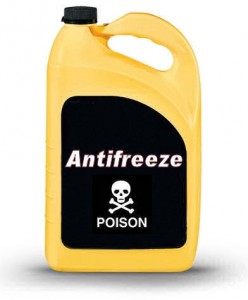
- Chocolate. According to the Pet Poison Helpline the most common instance of dog poisoning is chocolate. The substance found in chocolate that is poisonous is called theobromine which is a relative to our favorite chemical caffeine. The darker and bitterer the chocolate is usually correlated with a higher concentration of theobromine. But regardless of the color of your chocolate keep it in a location where your dog cannot reach it.

- Sugarless Gum. Many sugarless gums contain a sweetener called xylitol which is dangerous to dogs. While most dog owners are aware of the dangers of chocolate we have found less awareness about the dangers of sugarless gum. Even when ingested in small amounts this can cause a swift drop in blood sugar and even liver failure.
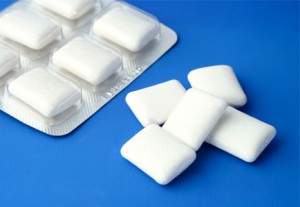
- Raisins and Grapes. While this has been known for a while, many people still regularly ask “Can dogs eat grapes?” While the exact toxin in raisins and grapes that is life threatening to dogs is not fully understood, we do know that even small amounts can prove to be fatally toxic to your pet. While some dogs are not affected by grapes or raisins, in other a very small dosage can cause sudden kidney failure.
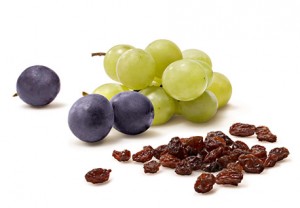
- Insecticides. This is probably the least surprising entry on the list so far. However, the Pet Poison Helpline reports insecticides and pesticides as the second most common instance of dog poisoning in the United States. It is also important to note that while over the counter flea and tick remedies are typically safe for dogs, they can be lethal to cats. So if you have a dog and a cat make sure you consult your veterinarian before purchasing and flea or tick treatments.
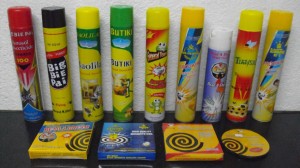
- Human Medications (such as aspirin, ibuprofen, and acetaminophen). Common over-the-counter painkillers are not safe for your dog as they can cause stomach ulcers and even kidney failure. Cold medicines, anti-cancer drugs, anti-depressants, vitamins and diet pills can all also be harmful to your dog. Human medications are the most common cause of pet poisonings.
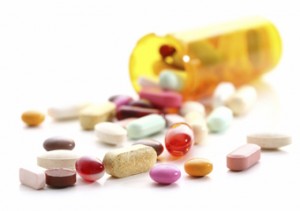
- Cocoa Mulch. Cocoa mulch contains ingredients that can be deadly to your dog if ingested. While mulch won’t normally be something that your dog is inclined to eat, the cocoa mulch has a sweet scent that is appetizing to some dogs.
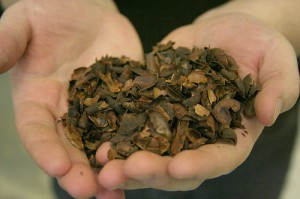
- Household Cleaners. Strong acidic or alkaline cleaners pose the greatest risk to your dog. These cleaners are typically toilet bowl cleaners, lye, drain cleaners, and rust removers. Also please remember that even despite the “natural” and “organic” movement that we are seeing more and more on our cleaning product labels, this does NOT mean safe.
